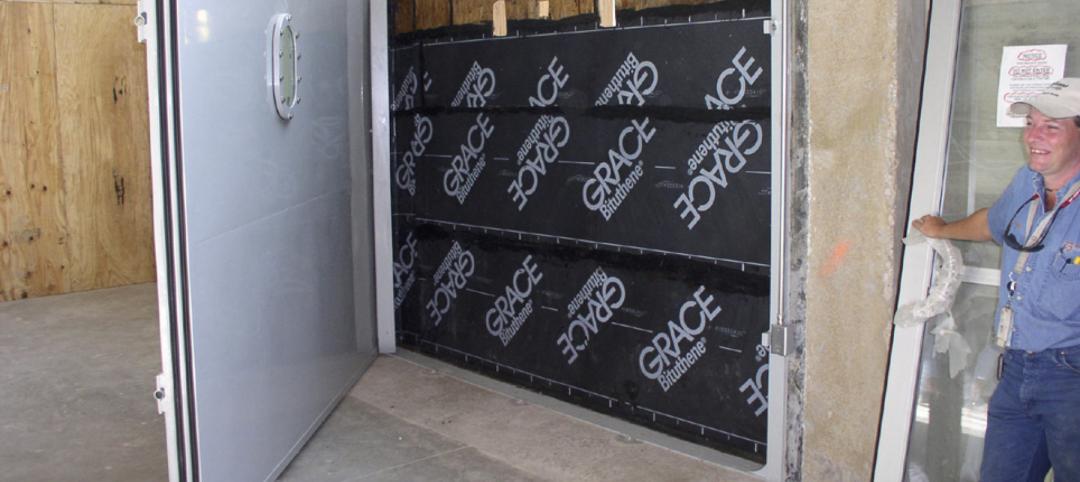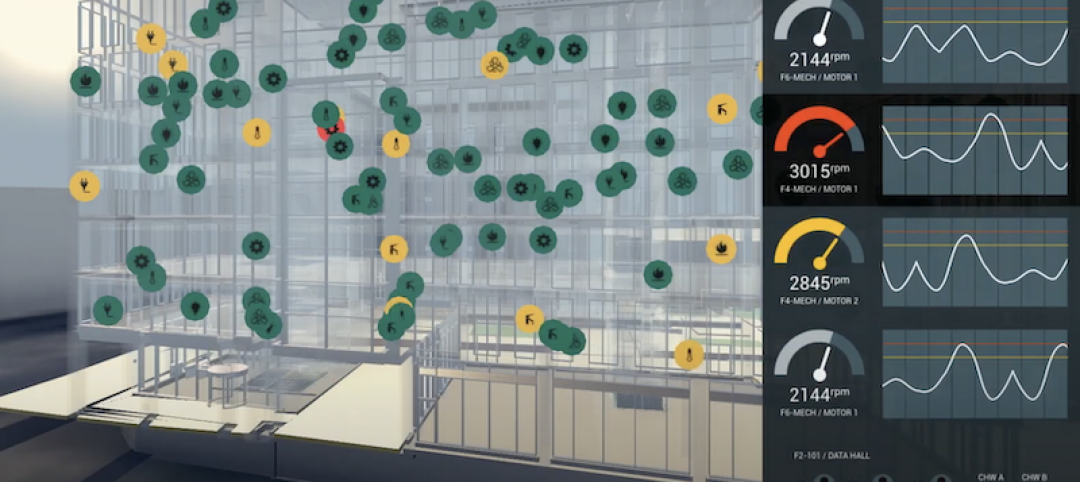The National Council of Architectural Registration Boards (NCARB) recently launched its annual data report, NCARB by the Numbers. The 2017 edition provides exclusive insight into the number of U.S. architects, the value of graduating from an accredited program, the time it takes to earn a license, and diversity in the profession.
Key findings from the latest edition, which is based on data from the 2016 calendar year, include:
- Over 8,100 licensure candidates completed the Architectural Experience Program (AXP) in 2016—an all-time high.
- On average, candidates take 4.2 years to complete the AXP.
- Around 4,300 candidates completed the Architect Registration Examination® (AR®) in 2016.
- Graduates from accredited architecture programs finish the ARE about five months sooner than their peers from non-accredited programs.
- Sixty-seven percent of candidates overlap their experience and exams—the largest percentage to date.
- On average, becoming an architect takes 12.5 years—from the time a student enrolls in school to the moment they receive a license. This marks the eighth year in a row the timeline to licensure has decreased.
- The pool of candidates working toward licensure is more diverse than ever before, and 36 percent of newly licensed architects are women.
- In 2016, there were 109,748 architects in the United States—a minimal drop from the previous year.
“Every year, the profession turns to NCARB by the Numbers for comprehensive and insightful data on the path to licensure,” said NCARB President Gregory L. Erny, FAIA, NCARB. “As our data analytic capabilities expand, we are now able to shine a light on intriguing, and sometimes controversial, topics—including improving diversity among practitioners and shortening the timeline to licensure.”
The findings are pulled from the nonprofit’s database of over 111,000 NCARB-certified architects and licensure candidates, making NCARB by the Numbers the most comprehensive source for licensure statistics.
To read the full report, explore interactive data charts, and download infographics, visit www.ncarb.org/NBTN2017.
Related Stories
Industry Research | Mar 3, 2022
AIA awards research grants to advance climate action
The American Institute of Architects (AIA) Upjohn Research Initiative is providing up to $30,000 to five research projects that will advance sustainability in architecture.
Industry Research | Mar 2, 2022
31 percent of telehealth visits result in a physical office visit
With little choice but to adopt virtual care options due to pandemic restrictions and interactions, telehealth adoption soared as patients sought convenience and more efficient care options.
Codes and Standards | Mar 1, 2022
Engineering Business Sentiment study finds optimism despite growing economic concerns
The ACEC Research Institute found widespread optimism among engineering firm executives in its second quarterly Engineering Business Sentiment study.
Multifamily Housing | Sep 1, 2021
Top 10 outdoor amenities at multifamily housing developments for 2021
Fire pits, lounge areas, and covered parking are the most common outdoor amenities at multifamily housing developments, according to new research from Multifamily Design+Construction.
Industry Research | Aug 19, 2021
BD+C Market Intelligence Reports
Exclusive research, data, and trends reports from the editors of Building Design+Construction.
Resiliency | Aug 19, 2021
White paper outlines cost-effective flood protection approaches for building owners
A new white paper from Walter P Moore offers an in-depth review of the flood protection process and proven approaches.
Multifamily Housing | Jul 7, 2021
Make sure to get your multifamily amenities mix right
One of the hardest decisions multifamily developers and their design teams have to make is what mix of amenities they’re going to put into each project. A lot of squiggly factors go into that decision: the type of community, the geographic market, local recreation preferences, climate/weather conditions, physical parameters, and of course the budget. The permutations are mind-boggling.
Digital Twin | May 24, 2021
Digital twin’s value propositions for the built environment, explained
Ernst & Young’s white paper makes its cases for the technology’s myriad benefits.
Industry Research | May 20, 2021
Latest ULI report forecasts robust real estate rebound
It’s going to take some time, though, for the office sector to recover
Industry Research | Apr 9, 2021
BD+C exclusive research: What building owners want from AEC firms
BD+C’s first-ever owners’ survey finds them focused on improving buildings’ performance for higher investment returns.

















